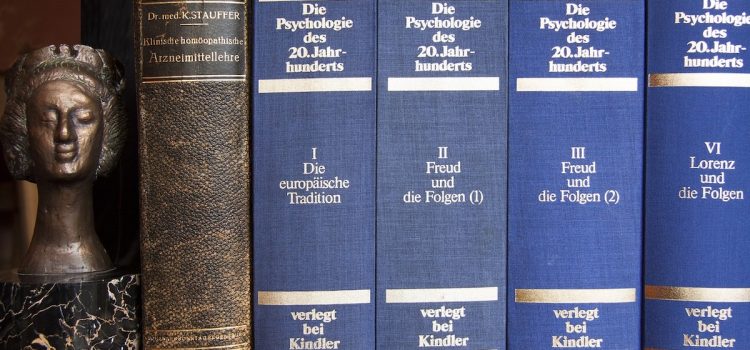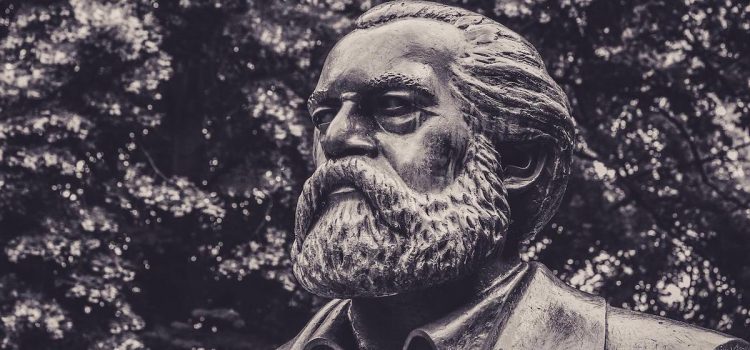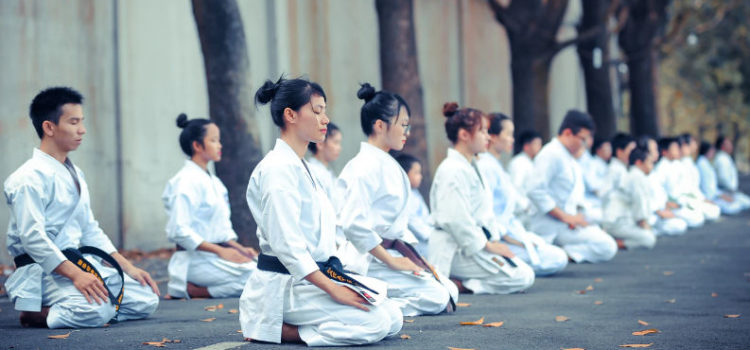Do you tend to resist change or rebel against tradition? What approach should you take toward old ways and new ideas? Do not carelessly denigrate social institutions or creative achievement. That’s the first rule that Jordan B. Peterson lays down in his book Beyond Order. He explains why this is a good attitude to keep and provides some cautions for taking either tradition or progress to an extreme. Read on to learn about Peterson’s Beyond Order Rule 1.
Do Not Carelessly Denigrate Social Institutions (Beyond Order)










